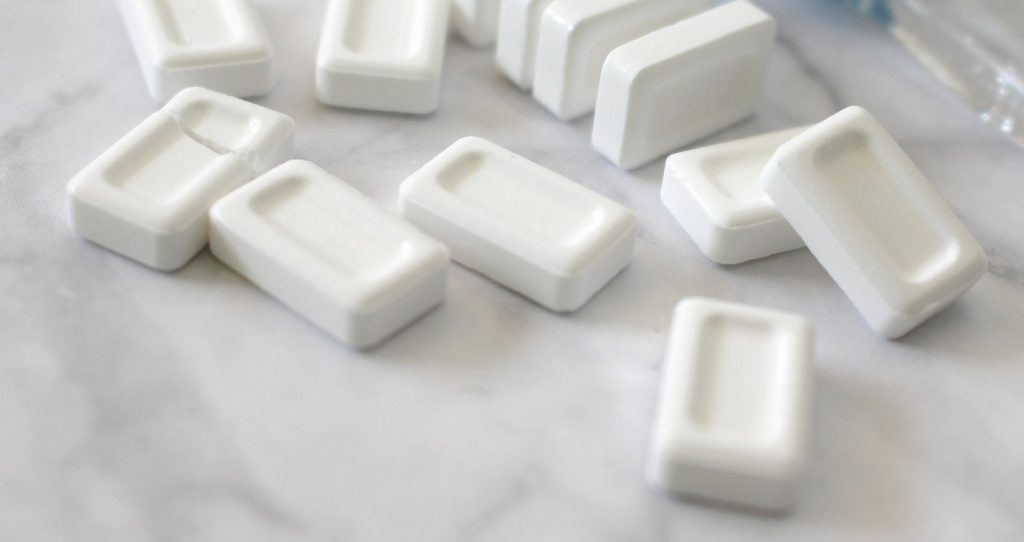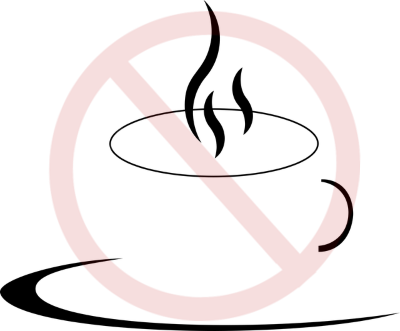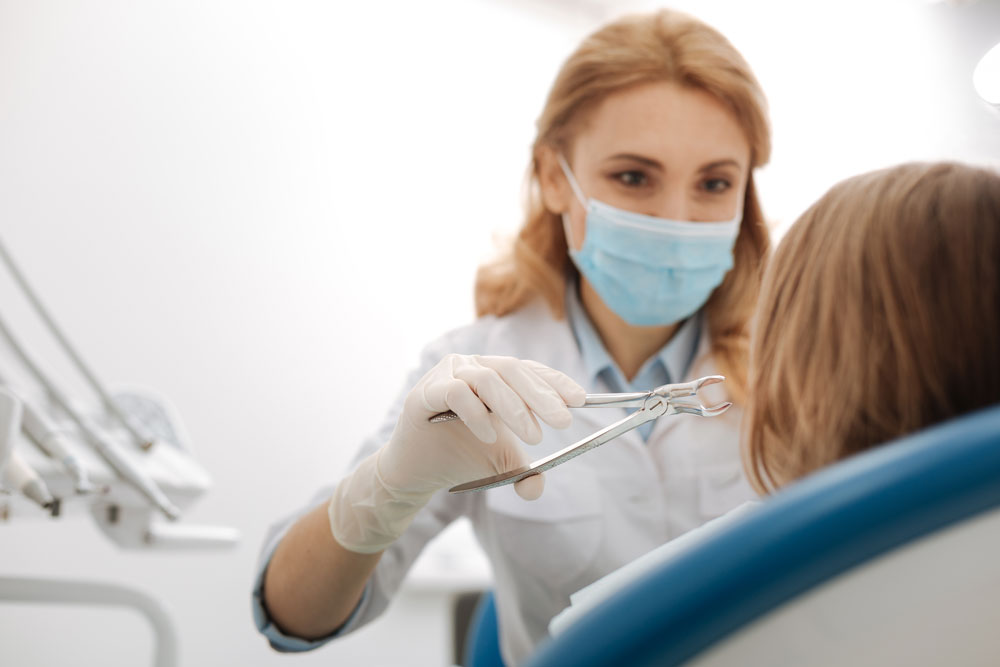Well, we will be honest here. Getting your teeth pulled out is not exactly something one looks forward to. It is definitely not a pleasant experience. Hearing your dentist say, ” your tooth needs to be pulled out”, can be terrifying for many people. It is, therefore, an excellent decision to prepare yourself before you go in for a tooth extraction procedure.
Being aware of what may happen helps you stay calm and relaxed during the procedure. This will make the entire experience a little less daunting and more comfortable. The key to a good healing is to be positive and calm. It is always advised that you ask your dentist all the questions you may have before the procedure. This always makes you aware and helps lower anxiety by removing the fear of the unknown.
What to expect during a tooth extraction procedure?
Getting your tooth extracted can be an uncomfortable experience. This is why the tooth removal procedure starts with numbing the area around the tooth to be removed.
A local anaesthetic agent is injected to numb the area. Once adequate anaesthesia is achieved, your dentist will start the procedure to remove the tooth. You will not feel any pain during this, only some pressure, which is normal. However, if you feel pain, tell your dentist immediately. They will inject a little more of a local anaesthetic to ensure that you are comfortable.
Next, they will remove the tooth using extraction forceps and elevators. In cases of surgical extraction, a small incision will be made in your gums to access the tooth. The degree of difficulty and time needed depends upon which tooth has to be removed. Decayed firm tooth and wisdom tooth removal can take much more time and is a complex procedure compared to removing loose teeth. Sometimes, some bone may also have to be removed to gain proper access to the tooth; this done by specialised dental drills.
After the tooth has been removed, your dentist will check the socket to ensure that no tooth part remains inside. After this, they may put some stitches if needed and pack them with a medicated gauze.
After the tooth extraction surgery, your dentist will give you a set of instructions to ensure proper healing. They may also prescribe some antibiotics and painkillers for managing post-extraction pain. Once the anaesthesia wears off, you may feel some discomfort. However, your dentist will prescribe you Non-steroidal antiinflammatory drugs to address this post-extraction pain. This pain should reduce drastically after 3 days of the extraction.
The tooth extraction wound heals by the formation of a blood clot over the socket. Therefore, it is vital to take care of this and ensure that this blood clot doesn’t get dislodged. If dislodged, it can lead to the formation of a painful condition known as a dry socket. So, protect your blood clot!
Aftercare
Do’s

- Follow the aftercare instructions diligently.
- Keep the gauze in its place for at least 45 mins to ensure the bleeding is controlled. If you continue to bleed profusely, contact your dentist immediately.
- Consume soft food which is a little colder or at room temperature. You can even have plain ice cream!
- Take your medicines at prescribed times.
- Brush gently and avoid disturbing the area from where the tooth has been pulled.
- Use cold compression from outside. This helps with post-operative pain and also helps to reduce the swelling—10 mins on and 20 mins off.
- Rest and relax.
Dont’s

- Avoid smoking and consuming alcoholic beverages for the first 24 hours after the extraction.
- Do not spit, gargle or suck through a straw after tooth extraction as it can dislodge the blood clot.
- Do not use hot compression on the area at any cost.
- Do not consume hot foods or liquids.
- Avoid blowing your nose.
How to prepare for tooth extraction?
Before the extraction
If you have any questions or doubts about the procedure, make sure you ask your dentist. This will help alleviate any nervousness and anxiety which you may have. If you are someone who, in general, a little scared of dental procedures, let your dentist know. They will take special measures to ensure that the entire experience is seamless and comfortable for you. Your dentist will do a complete oral examination, ask you about your medical history and take some x-rays before finalising the tooth removal procedure. You must give them a thorough history and make them aware of any allergies to any drugs.
On the day of your extraction
On the day of the procedure, it will be helpful to have someone drive you to the dental office as you may have some residual effect of anaesthesia and driving after the procedure is not recommended. Ensure you have had a healthy meal before your surgery, as you may not be able to eat for a few hours post tooth extraction. Take adequate rest, avoid smoking before the procedure and avoid consuming alcohol for about 24 hours before the tooth removal. Wear loose and comfortable clothing. Try and keep calm, take several long breaths and rest well before your appointment.
Following these measures will ensure that you have a comfortable tooth removal and uneventful healing.

